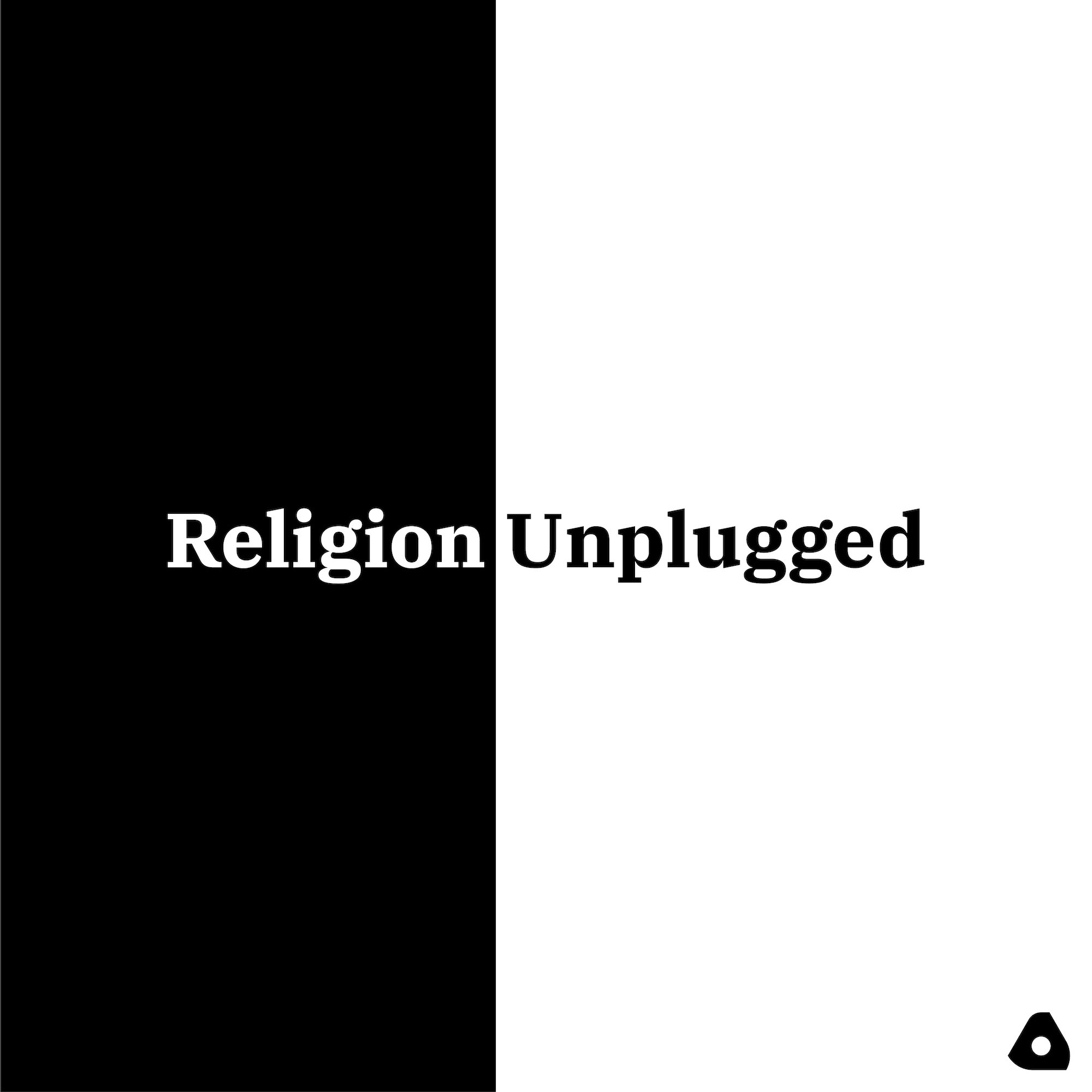- After-Shows
- Alternative
- Animals
- Animation
- Arts
- Astronomy
- Automotive
- Aviation
- Baseball
- Basketball
- Beauty
- Books
- Buddhism
- Business
- Careers
- Chemistry
- Christianity
- Climate
- Comedy
- Commentary
- Courses
- Crafts
- Cricket
- Cryptocurrency
- Culture
- Daily
- Design
- Documentary
- Drama
- Earth
- Education
- Entertainment
- Entrepreneurship
- Family
- Fantasy
- Fashion
- Fiction
- Film
- Fitness
- Food
- Football
- Games
- Garden
- Golf
- Government
- Health
- Hinduism
- History
- Hobbies
- Hockey
- Home
- How-To
- Improv
- Interviews
- Investing
- Islam
- Journals
- Judaism
- Kids
- Language
- Learning
- Leisure
- Life
- Management
- Manga
- Marketing
- Mathematics
- Medicine
- Mental
- Music
- Natural
- Nature
- News
- Non-Profit
- Nutrition
- Parenting
- Performing
- Personal
- Pets
- Philosophy
- Physics
- Places
- Politics
- Relationships
- Religion
- Reviews
- Role-Playing
- Rugby
- Running
- Science
- Self-Improvement
- Sexuality
- Soccer
- Social
- Society
- Spirituality
- Sports
- Stand-Up
- Stories
- Swimming
- TV
- Tabletop
- Technology
- Tennis
- Travel
- True Crime
- Episode-Games
- Visual
- Volleyball
- Weather
- Wilderness
- Wrestling
- Other
The dramatization of Latvian war criminal Viktors Arajs's trial confronts Latvians with their complicity in the Holocaust
Religion Unplugged senior contributor Robert Carle speaks with Dr. Karlis Verdins, who teaches literature at the Art Academy of Latvia. Verdins hopes to confront Latvians with an honest reckoning of their complicity in the Holocaust. Verdins obtained a record of the Viktors Arajs’s two year trial in Hamburg, which took place in Hamburg in 1977-79. Verdins turned the story of the trial into a drama, which opened in a small theater in Riga, Latvia in March 2023. The title of the play, “Wasn’t There. Don’t Know. Don’t Remember,” refers to Arajs’s defense at his trial. Holocaust survivors who saw Arajs murder Jews contradicted Arajs’s testimony, and the court sentenced Arajs to life imprisonment. Latvians have been loath to acknowledge their complicity in the Holocaust. “They wanted to protect their old, loving fathers and grandfathers who had committed such crimes,” Verdins said. “Latvians cannot whitewash Nazi crimes just because we think that Soviet crimes were even worse,” Verdins said.

